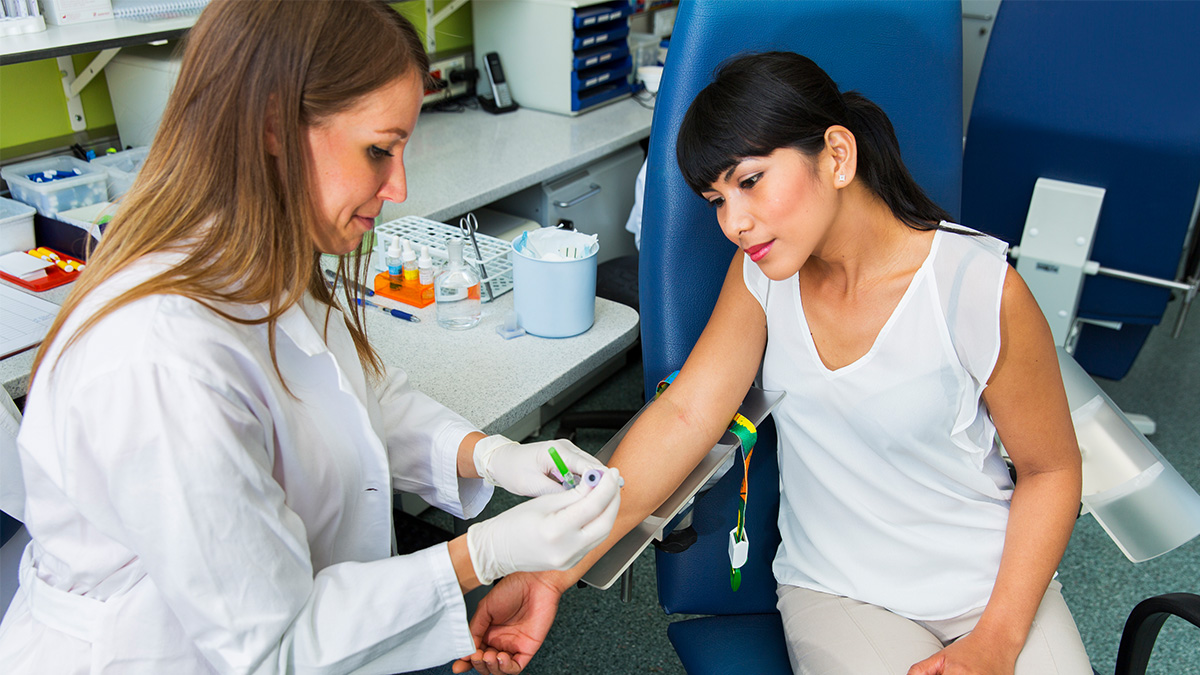Key points
- Getting tested for hepatitis B is the only way to find out if you are infected.
- All adults and pregnant women should get tested for hepatitis B.
- People with ongoing risk need periodic testing.
- You can find out if you have hepatitis B through a blood test.

Why get tested
Many people with hepatitis B do not look or feel sick, so testing is the only way to know if you are infected. It's important to get tested for hepatitis B, so that if you are infected you can get medical care and avoid spreading the virus to others.
Chronic, or long-term, hepatitis B can cause serious health problems, including liver damage, liver cancer, liver failure, and even death.
Screening and testing recommendations
In the case of hepatitis B, screening refers to serologic (blood) testing for people not known to be at increased risk for exposure to HBV. Testing refers to serologic (blood) testing for people with symptoms or who are identified to be at increased risk for exposure to HBV.
Universal screening
- CDC recommends HBV screening at least once during a lifetime for all adults 18 and older.
Pregnancy screening
- CDC recommends HBV screening for all pregnant women during each pregnancy, preferably in the first trimester.
Risk-based testing
- CDC recommends HBV testing for all people with a history of increased risk for HBV infection, regardless of age and periodic testing for those who are still at increased risk for exposure.
Testing methods
Your doctor will order blood tests that look for signs of hepatitis B in your body.
The tests detect proteins that indicate the presence of HBV infection in your body.
If you have hepatitis B, your doctor will test your liver for damage with an ultrasound, which produces an image of your liver using sound.
Testing results
Depending on the results of the blood test, your doctor will be able to tell whether you:
- Have acute or chronic hepatitis B.
- Are immune to hepatitis B because you've been vaccinated.
- Were infected in the past, have resolved infection, and should be counseled.
If you are diagnosed with hepatitis B and have received an ultrasound, your doctor will talk to you about whether the infection has damaged your liver.
After you get your results
After getting your results, your doctor will decide on the best treatment option for you.
It is important to continue to talk to your doctor about how to stay healthy and prevent spreading the disease.
Learn more about hepatitis B treatment options.
